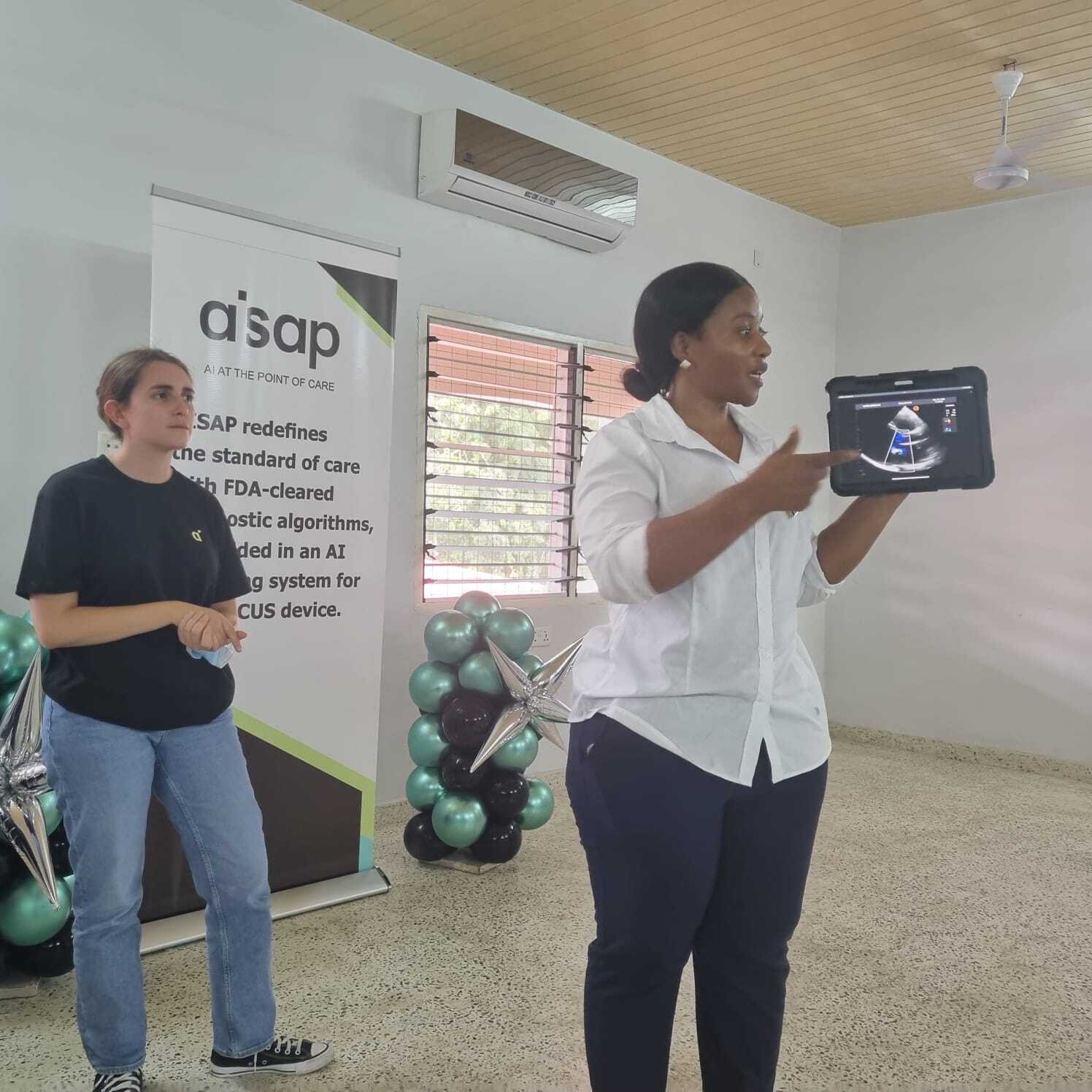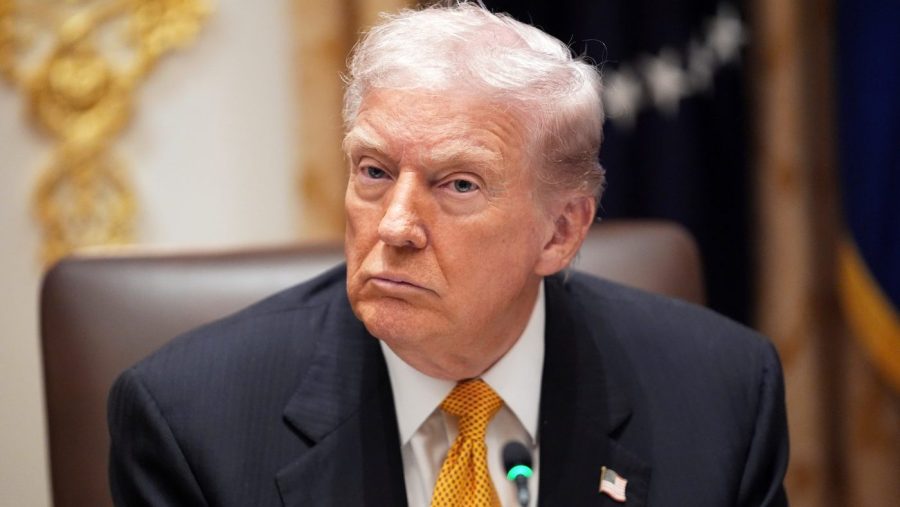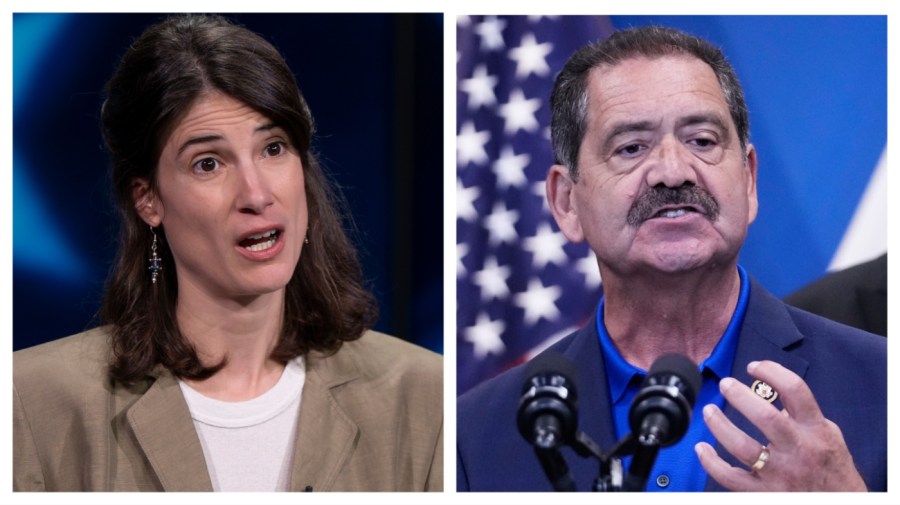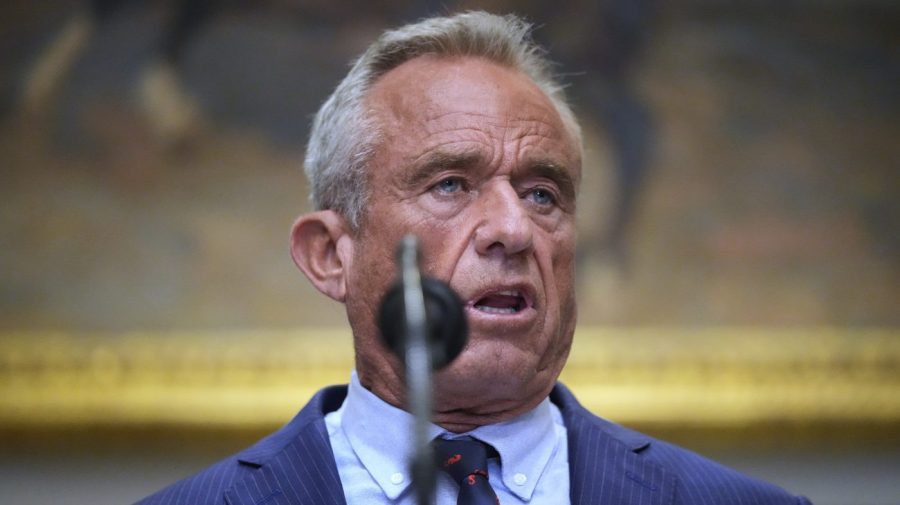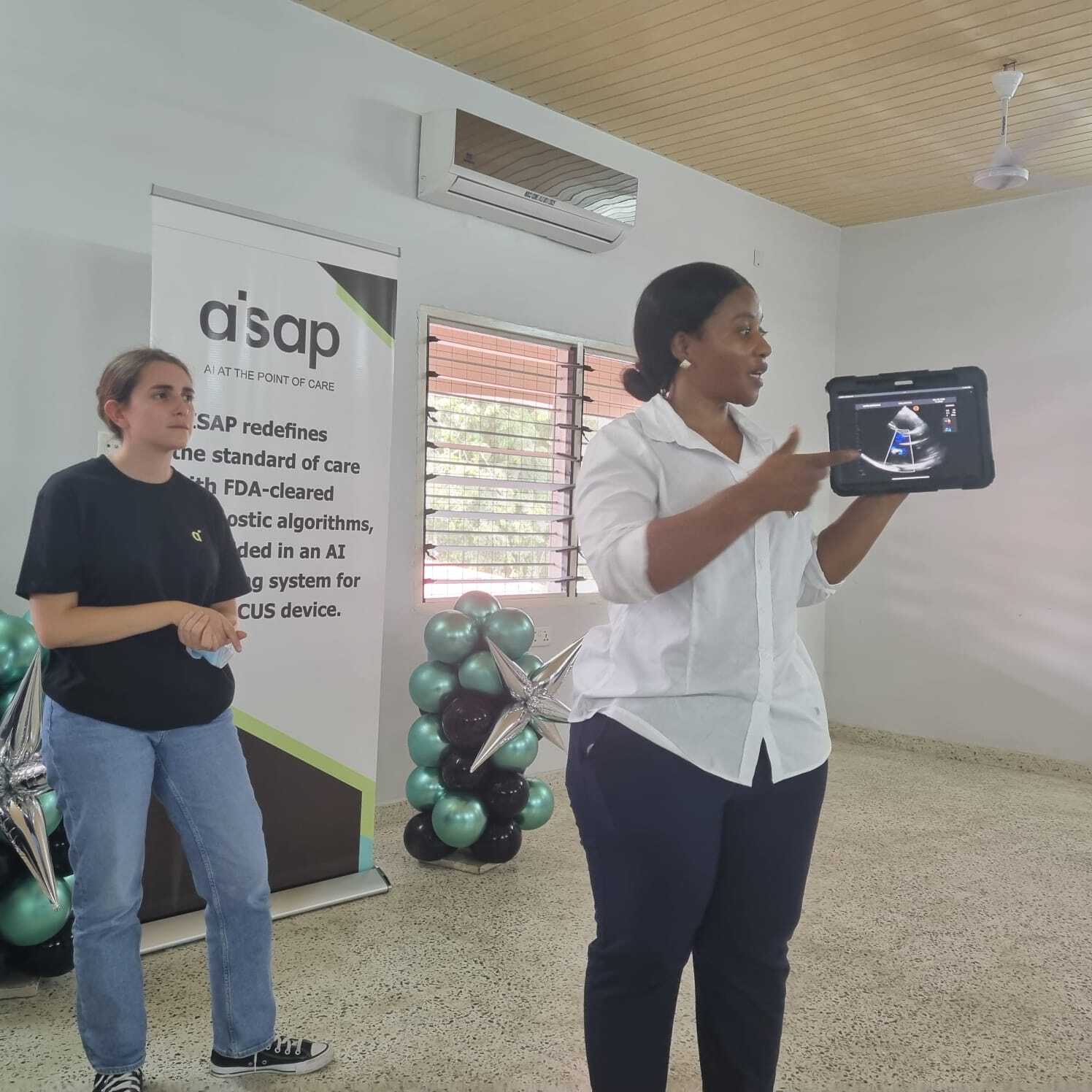
What You Should Know:
– AISAP, an AI Point-of-Care Diagnostics company, announced a landmark field initiative in Ghana to deploy its FDA-cleared AI-powered cardiac diagnosis platform. This program directly addresses the profound challenge of healthcare access in Ghana, a country of approximately 35 million people served by fewer than 30 cardiologists.
– The initiative, in collaboration with the G-ACT Foundation, aims to establish a global model for bringing expert-level cardiac diagnostics to severely underserved communities.
POCAD Platform
Platform
At the core of the initiative is AISAP’s proprietary Point-of-Care Assisted Diagnosis (POCAD ) platform. Developed in collaboration with Sheba Medical Center, this technology leverages deep learning AI to provide real-time, expert-grade cardiac interpretation to non-specialists.
) platform. Developed in collaboration with Sheba Medical Center, this technology leverages deep learning AI to provide real-time, expert-grade cardiac interpretation to non-specialists.
Key features of the POCAD platform include:
platform include:
- Real-Time Interpretation: Provides expert-grade cardiac interpretation by utilizing algorithms trained on a dataset of over 300,000 echocardiogram studies.
- Quality Assurance Guidance: Offers guidance for non-specialists, ensuring accurate diagnosis and immediate triage.
- Urgency Score: Prioritizes critical cases, allowing for immediate action.
The platform is highly scalable, vendor-agnostic, and connects to any portable ultrasound device, requiring only an internet connection to send images to a secure cloud. This is the same FDA-cleared technology currently trusted by major U.S. health systems like Mass General Brigham, Mayo Clinic, and Stanford.
Empowering Local Clinicians and Sonographer Training
The AISAP initiative is integrated into the G-ACT Foundation’s BEAT Program (Building Echo-capacity for Access & Triage). BEAT is Ghana’s first structured, internationally benchmarked cardiac sonographer training program, designed to bridge the country’s critical echocardiography gap.
Adiel Am-Shalom, CEO of AISAP, highlighted the dual application: “This deployment is the ultimate proof of concept that AISAP can help solve the diagnostic gap for U.S. rural hospitals facing critical cardiologist shortages”. The U.S. faces a similar crisis, where over 86% of rural counties lack a practicing cardiologist.










